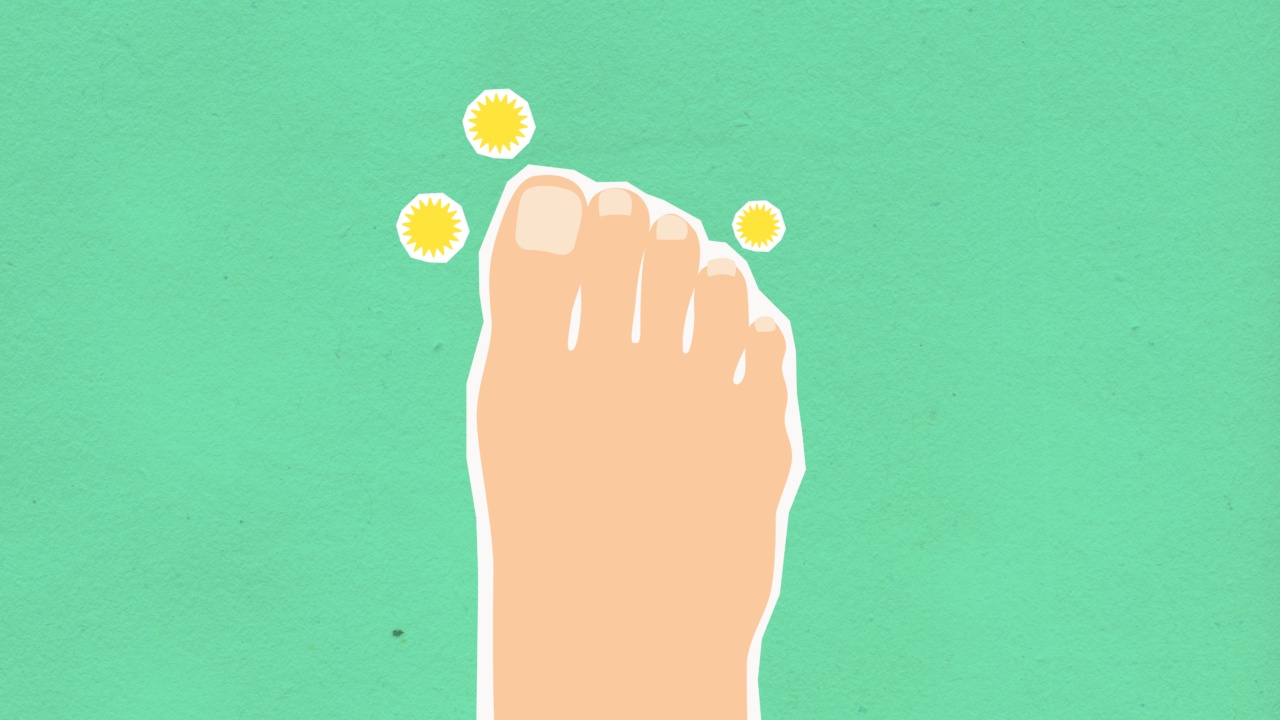Physical exercise is not only beneficial for physical health, but also for mental and emotional wellbeing. Exercise has been shown to lower risk of many chronic diseases, including cancer.
According to the American Cancer Society, physical activity can lower the risk of breast, colorectal, endometrial, kidney, bladder, esophageal, gastric, ovarian, pancreatic, and lung cancers. In this article, we will explore how exercise can act as a natural anti-cancer agent.
Exercise and Cancer Prevention
Studies show that regular physical activity can decrease the risk of developing several types of cancer.
Regular exercise can help reduce the levels of certain hormones in the body that are associated with cancer, as well as improve the immune system function. Exercise can also help reduce inflammation in the body, which is linked to the development of cancer.
Exercise and Breast Cancer
Exercise has been shown to lower the risk of breast cancer in both pre-and post-menopausal women.
In one study, women who walked for at least seven hours per week had a 14% lower risk of breast cancer compared to those who walked for three hours or less per week. Another study found that women who exercised regularly before being diagnosed with breast cancer had a higher survival rate compared to those who did not exercise regularly.
Exercise and Colorectal Cancer
Physical activity can also lower the risk of colorectal cancer. In a study that followed more than 100,000 people over 13 years, researchers found that those who were more physically active had a lower risk of colon and rectal cancer.
Another study found that regular exercise after a colorectal cancer diagnosis can lower the risk of developing a recurrence or dying from the disease.
Exercise and Prostate Cancer
Prostate cancer is the most common cancer among men. Studies show that regular exercise can help lower the risk of developing prostate cancer.
In one study, men who walked briskly for at least three hours per week had a 57% lower risk of developing advanced prostate cancer compared to men who walked less than three hours per week. Another study found that men who were diagnosed with prostate cancer and who engaged in regular physical activity had a lower risk of dying from the disease.
Exercise and Lung Cancer
While lung cancer is often thought of as a smoker’s disease, non-smokers can also develop the disease. Studies show that regular exercise can help lower the risk of lung cancer.
In one study, women who exercised regularly had a 35% lower risk of developing lung cancer compared to those who did not exercise regularly.
Exercise and Pancreatic Cancer
Pancreatic cancer is a deadly disease that often has no symptoms until it has spread to other organs. Regular exercise may lower the risk of developing pancreatic cancer.
In one study, men who engaged in regular physical activity had a 28% lower risk of developing pancreatic cancer compared to men who were sedentary.
Exercise and Ovarian Cancer
Ovarian cancer is a difficult disease to detect early. Researchers have found that regular exercise can help lower the risk of developing ovarian cancer.
In one study, women who engaged in regular physical activity had a 30% lower risk of developing ovarian cancer compared to those who did not exercise regularly.
Exercise and Diabetes
Diabetes and cancer share many risk factors, including obesity, lack of physical activity, and poor diet. Exercise can help lower the risk of both diseases by improving insulin sensitivity, reducing inflammation, and promoting weight loss.
In one study, patients with type 2 diabetes who engaged in regular physical activity had a lower risk of developing many types of cancer.
Exercise and Cancer Treatment
Exercise can also be beneficial for cancer patients during and after treatment. Regular physical activity can help improve quality of life and reduce some of the side effects of cancer treatment, such as fatigue and nausea.
Exercise can also help improve mental health and increase feelings of well-being.
Conclusion
Exercise is a natural anti-cancer agent that can help reduce the risk of many types of cancer. Regular physical activity can also improve quality of life during and after cancer treatment.
Whether you’re young or old, male or female, exercise is an important part of a healthy lifestyle that can have a profound impact on your physical, emotional, and mental health.



























